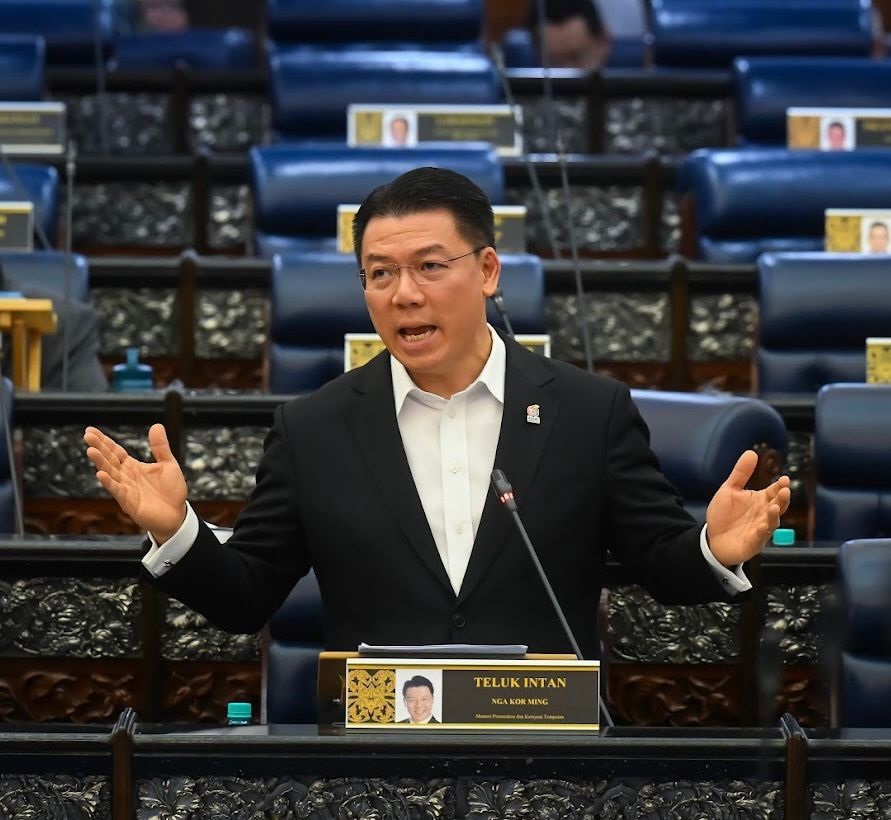Govt has incentives to encourage build-then-sell model to reduce risk of abandoned projects

- One reason the government has not mandated the BTS model is that, based on the National Housing Department’s assessment, the industry chain is not yet fully ready, while mandatory implementation could also favour large corporations at the expense of SMEs, which play a critical role in developing small towns and rural areas, said Minister of Housing and Local Government Nga Kor Ming.
KUALA LUMPUR (Oct 30): The government has introduced several incentives at federal and state levels to encourage more developers to adopt the build-then-sell (BTS) concept.
These include “priority processing for planning approval (Kebenaran merancang/KM) and exemption from the 3% housing development account deposit,” said Minister of Housing and Local Government Nga Kor Ming (pictured) in Parliament while responding to an oral question today.
“Under the 10:90 BTS approach for private housing development, developers will collect a 10% down payment from buyers, while the remaining 90% is only payable upon completion of the house with the Certificate of Completion and Compliance (CCC) and Vacant Possession (VP),” he explained.
Even though the government has an action plan to ensure a gradual transition from the existing sell-then-build (STB) concept to the BTS model, the BTS concept is currently implemented voluntarily and is open to developers with strong financial capacity, as it requires high capital investment during the early construction stages, said Nga.
One reason the government has not mandated the BTS model is that, based on the National Housing Department’s assessment, the industry chain is not yet fully ready, while mandatory implementation could also favour large corporations at the expense of SMEs, which play a critical role in developing small towns and rural areas, he added.
Nga also revealed that government is set to announce major housing reforms on Nov20.
The minister added that KPKT remains committed to ensuring that all Malaysians have access to safe and comfortable homes—either through ownership or rental (shelter for all). He noted that the current homeownership rate among Malaysian households has reached 76.5%, and the ministry continues to work to ensure housing projects are delivered efficiently, responsibly, and with integrity.
As Penang girds itself towards the last lap of its Penang2030 vision, check out how the residential segment is keeping pace in EdgeProp’s special report: PENANG Investing Towards 2030.
Follow Us
Follow our channels to receive property news updates 24/7 round the clock.
Telegram

Latest publications
Malaysia's Most
Loved Property App
The only property app you need. More than 200,000 sale/rent listings and daily property news.
